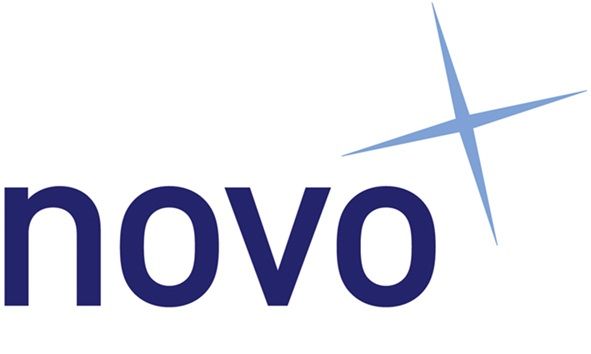Half of Bosses Support Employee Monitoring but HR Remains Unsure, CIPD Report Finds

Experts warn tracking remote workers’ activity can breed a culture of mistrust, and most productivity measurements would yield misleading results.
Management and people professionals are at odds when it comes to monitoring remote employees’ productivity, a survey has found.
The study of 2,000 senior managers, HR decision makers and line managers found that more than half (55 per cent) support monitoring employees’ habits to determine their risk of burnout.
Conducted by the CIPD as part of its Technology, the workplace and people management report, the survey found that two in five (39 per cent) bosses think collecting information on regular home workers is unacceptable and 6 per cent are unsure. But two in five (41 per cent) people professionals were ‘less comfortable’ with these measures.
Gemma Dale, lecturer at Liverpool John Moores University and co-founder of The Work Consultancy, acknowledged that companies might want to gather information on remote workers to identify dangers to their wellness, but warned that certain data measures can be misleading. “Time [spent] on laptops is a blunt measure. A lot of usage time does not necessarily equal overwork; similarly neither does working out of hours as employees may simply be working in a time flexible way,” she said, adding that people professionals should have clear reasoning for monitoring and also be aware of any drawbacks.
“I would urge HR professionals to think carefully about the advice they provide to their organisations in this relation to remote monitoring, and ensure that any such monitoring is undertaken fairly and with complete transparency,” she added.
Despite more than half of bosses wanting to monitor the productivity of their home working employees, the survey found less than three in 10 (28 per cent) were actually doing it.
Sarah Edwards, senior employment solicitor at Howarths, said being monitored was not particularly unusual, and “has its place” in a hybrid work setting. “Although I don’t always agree with it, monitoring has its place as long as it is sensitive, informed and serves a legitimate purpose.” She added that monitoring also needed to be balanced, since a “culture of presenteeism is not very useful”.
Anne-Marie Balfour, legal director at Charles Russell Speechlys, added that monitoring was “intrusive” and generally unpopular, adding that employers needed to “balance the level of intrusion with the needs of the employer, which is a delicate act”.
Jules Quinn, employment partner at King & Spalding, said it was necessary to inform employees of the monitoring methods used and the boundaries. She added that many firms currently keep track of employees’ internet and email use; however, a “zealous attitude to supervision” may come across as micromanaging and have an adverse effect on morale.
Similarly, Rita Trehan, founder of Dare Worldwide and former chief people officer at AGL, said that when organisations demonstrate trust employees are likely to “mirror this attitude”, while the opposite would “alienate” employees.
However, HR consultant Gemma Bullivant said it was “quite upsetting” to observe how little trust companies have for their workforce, and slammed the notion of monitoring altogether. “The act of logging on to a computer does not equate to productivity. It never has, and it never will. So this monitoring data will tell us nothing, and will firmly establish a culture of mistrust that will backfire,” said Bullivant.
She added any role that may be carried out remotely should be evaluated on how well it produces results rather than how many hours it spends on the computer. “To improve productivity, time and investment would be much better spent on establishing a culture of feedback, performance conversations and clear KPIs,” she said.
Richard Stone, CEO of Stone Junction, echoed Bullivant, saying that the foundation of work is productivity and trust, and watching your co-workers while they work from home comprises both. “Trust is an essential part of work; companies are nothing more than an agreement between the group of people who work in them and the owners who agree to pay them,” said Stone, adding that this agreement could break at any moment, and “failing to trust your team to work at home is like taking a sledgehammer to that agreement”.
https://www.peoplemanagement.co.uk/article/1802421/half-bosses-support-employee-monitoring-hr-remains-unsure-cipd-report-finds












